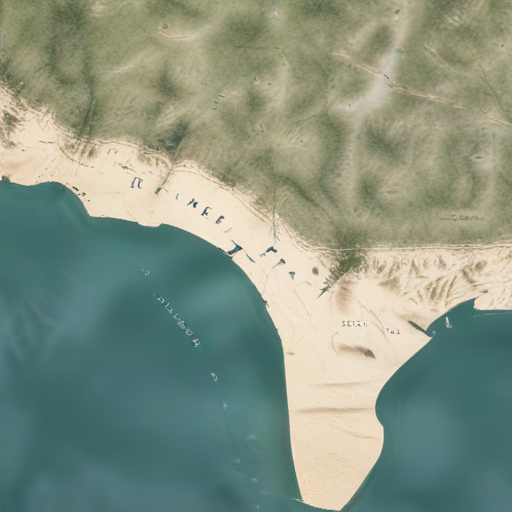During a recent press conference on economic and security topics, President-elect Donald Trump proposed a contentious idea to rename the Gulf of Mexico to the “Gulf of America.” This suggestion, made at Mar-a-Lago, was framed within a larger discussion that also touched on the potential annexation of Greenland and Panama.
Trump stated, “We’re going to be changing the name of the Gulf of Mexico to the Gulf of America, which has a beautiful ring. That covers a lot of territory. The Gulf of America, what a beautiful name – and it’s appropriate.” This comment appeared to be a throwaway line, as Trump did not provide any further details on the basis for this idea.
Historically, the name “Gulf of Mexico” dates back to the Spanish colonization of the area in the 1500s, known as the Golfo de Nueva Espana or Golfo de Mexico. Previous discussions about renaming the gulf have occurred, but they were generally not taken seriously; a notable instance occurred in 2012 when a Democratic congressman from Mississippi made the suggestion in a satirical context.
Currently, the U.S. claims about 44 percent of the Gulf’s economic zone, with its states owning nearly half of the coastline. The Gulf is also a vital area for oil production, with both the U.S. and Mexico benefiting from its abundant resources.
This proposed name change could ignite discussions about national identity and territorial claims, reflecting a desire to assert a more nationalistic view of American waters. However, it is essential to consider the historical significance of the existing name and the implications of such a change. While the proposal may initially seem whimsical, it could open avenues for larger conversations about how countries identify and relate to their shared resources.
In summary, Trump’s suggestion to rename the Gulf of Mexico points to broader themes of ownership and identity, creating an opportunity for ongoing dialogue about America’s relationship with its geographical and historical heritage. The concept may provoke a mixture of humor and serious debate about nationalism and resource management in the region.
